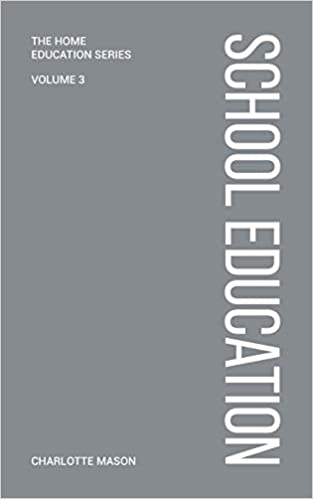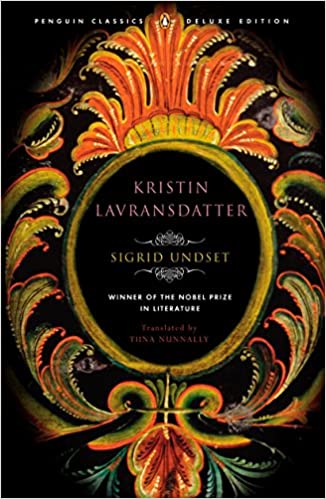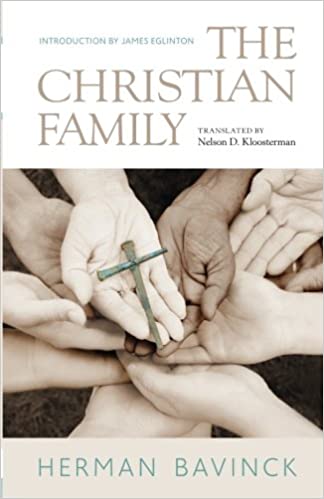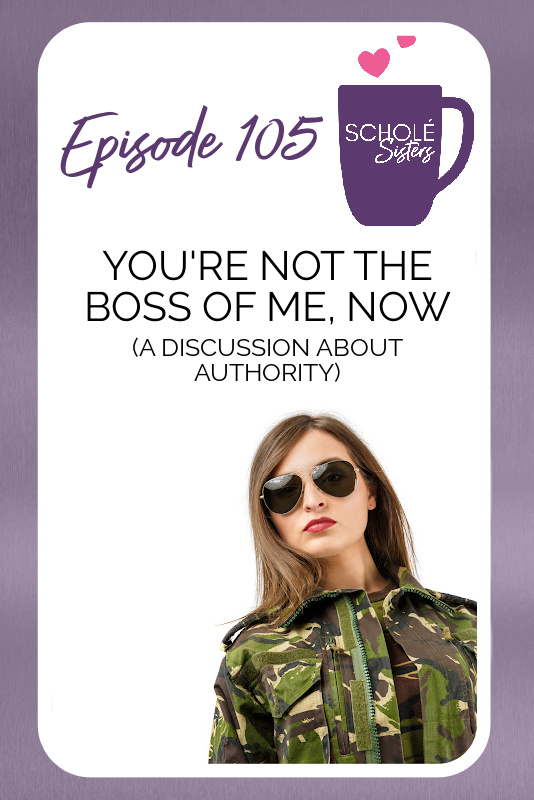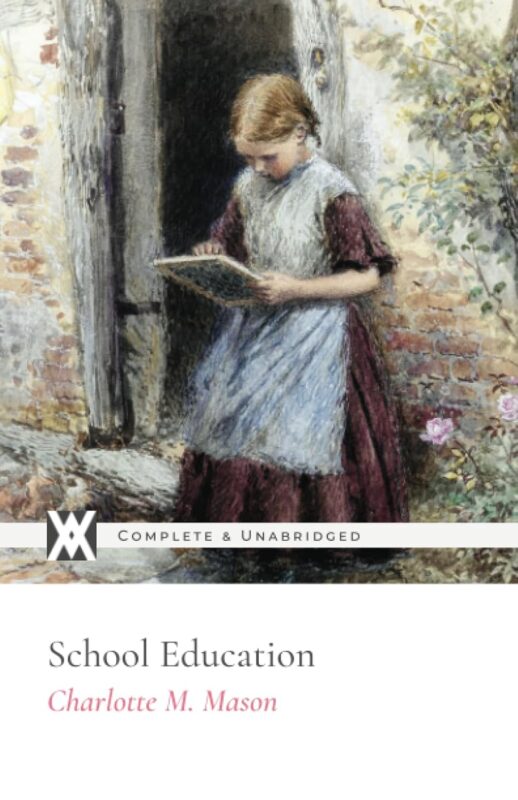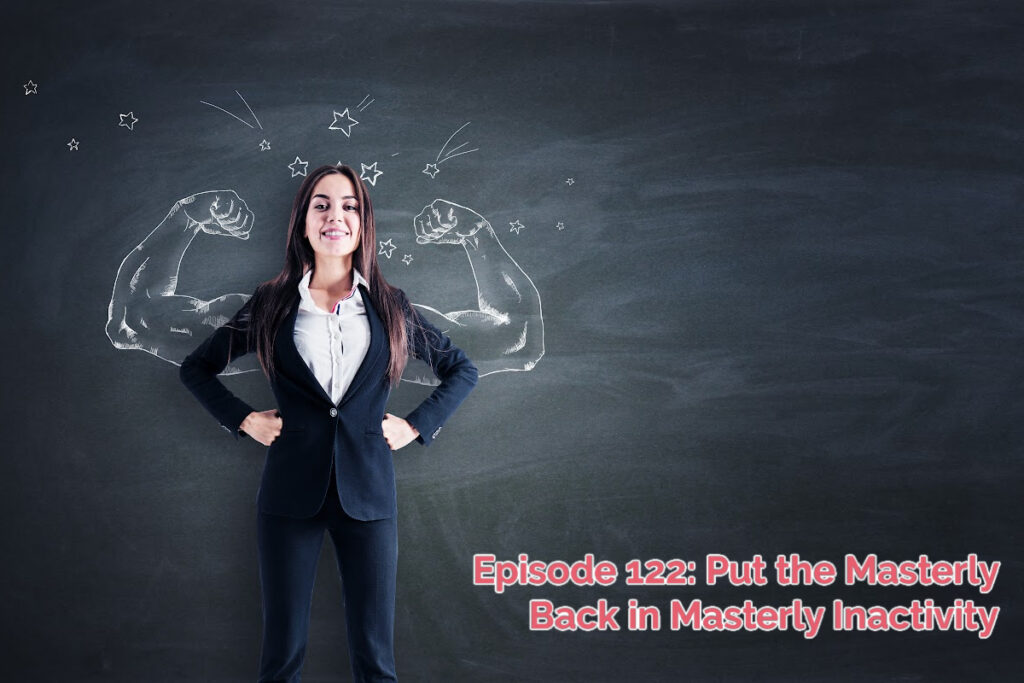SS #105: You’re Not the Boss of Me (Mom as Authority Figure)
It is common today to interpret an authority figure using their authority as automatic oppression and undesirable, but that is not how God made the world. God created a chain of command and hierarchy of authority for human societies.
Attempts to deny or suppress God’s natural order and design end up in chaos because it is idolatry, an attempt to define a new reality.
As parents, we need to understand the nature and position of authority, what it does and does not entail, so we can actually parent and disciple our children, who need governance as we all do.
Listen to the podcast:
TUNE IN:
Apple Podcasts | Spotify | Stitcher
Mom is an authority figure – own it
Today’s Hosts and Source
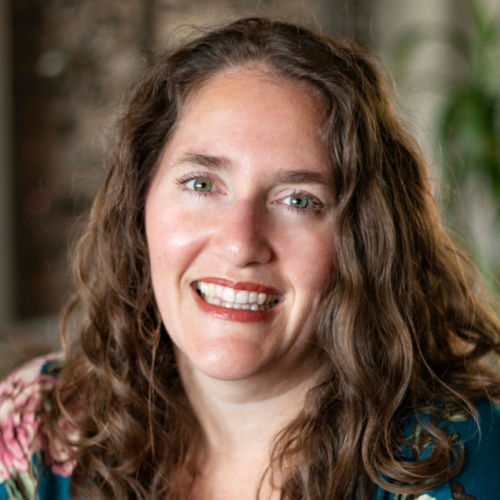
Brandy Vencel
is a homeschooling mom exercising proper authority and liberty in a state that has lost proper understanding of both.

Mystie Winckler
is a homeschooled oldest of seven now homeschooling her own as a natural, practiced bossy-pants.

Abby Wahl
is a homeschooling mom building a renewed family by God’s grace after growing up in a non-Christian family.
Two chapters in Charlotte Mason’s School Education deal with authority and docility or obedience as essential to education, her third principle.
“The principles of authority on the one hand, and of obedience on the other, are natural, necessary and fundamental.”
Charlotte Mason, School Education
Scholé Every Day: What We’re Reading
Kristin Lavransdatter, Sigrid Unset
Abby rants about Kristin’s terrible decisions and questions it’s validity as literature.
Communist Manifesto, Karl Marx
Mystie is glad for the Excellent Marxmanship study inside Sistership forcing her to paraphrase Marx and get at what he’s saying rather than just read it, be shocked, and move on.
The Christian Family, Herman Bavinck
Brandy highly recommends this title as a theological explanation and defense of the family.
Authority as a principle of education
When Charlotte Mason speaks of authority as natural, necessary, and fundamental, she’s speaking philosophically. She means authority is baked into the fabric of human existence and operating within that framework of reality is required for human flourishing.
Mason begins by presenting a wrong use of authority that was common in Britain before the romantic period – the distant, autocratic father. She decries this family structure, but then demonstrates that the solution of Rousseau and Spencer is no solution.
Rousseau and Spencer see authority itself, not wrongly used authority, as the problem and attempt to banish particularly parental authority altogether. They portray children as innocent, needing only protection from the corruption of society. To lord authority over them in any way will corrupt them, they teach.
Charlotte Mason sees how their unbiblical, atheistic anthropology will lead to disaster (as it has).
Authoritarianism is abuse of authority
Charlotte Mason speaks of arbitrary authority as problematic. This is a species of the “divine right of kings” concept: If God gave me authority, then I get to make the rules and everyone under me is morally obligated to honor my wishes.
Under arbitrary authority, there is no principle guiding the rules laid down. The parents’ wishes are the guide. The parents set up rules to make family life more convenient, not more virtuous.
From your theory of government, you will derive your theory of family government. And your theory of government will be derived from your conception of God Himself.
From the dethronement of the divine, follows the dethronement of all human authority, whether it be of kings and their deputies over nations, or of parents over families. Every act of authority is, we are taught, an infringement of the rights of man or of child. Children are to be brought up from the first self-directed, doing that which is right in their own eyes.
Charlotte Mason, School Education
Ways moms exercise authority
Moms must be an authority figure in their children’s lives for them to grow and develop properly.
But it’s easy to fall into the ditch on either side of the road. Either we exercise arbitrary authority or we go hands-off and exercise negligible authority.
The matter is complicated by the changing nature of parental authority. Proper authority and obedience for three-year-olds is different from proper authority and obedience for thirteen-year-olds. Moms need to apply wisdom in how they use their authority at different stages.
When you give reasons to an 11 or 12 year old to help them understand the wisdom behind your command so they can exercise proper authority themselves as adults, you’re not trying to convince them. You’re informing them.
The basis of their obedience is not whether or not they are convinced by your logic. That makes their (fallen) reason the only authority. However, you as the parent are the God-given authority.
Abdication of authority is also arbitrary
God requires children to obey parents, which assumes parents will require and expect obedience for the good of the child. The child does not naturally know what is good and right, contrary to Rousseau and Locke.
If you’re overbearing in your authority, you’re going to get exhausted and swing into negligence when you don’t have the personal energy to assert yourself anymore.
But the other concern about a lack of authority Charlotte Mason expresses is that the parents intentionally, deliberately to not exercise authority because they don’t believe they should have authority.
In this case, it is not laziness that is preventing the exercise of authority, but a misguided philosophy that believes children should be self-directed rather than obedient.
Authority is right and good for children to grow up under. The lie of modernism and Rousseau is that having authority over a child will crush their individuality and creativity, that it will harm them rather than protect them. Parental authority is not an infringement of the rights of the child.
Herbert Spencer built on Rousseau and, as an atheist, saw clearly that all authority points to there being a God over all. Because he denied God, he sought to deny and reject all authority, including parents and grammar and more.
We cannot be self-referential and healthy. We must be God-referential.
Authority as a principle is not about making education easier. It is about education and virtue happening at all. Learning obedience is fitting and actually delightful.
Authority means being authorized
We know that a person in authority is a person authorised; and that he who is authorised is under authority. The person under authority holds and fulfils a trust; in so far as he asserts himself; governs upon the impulse of his own will, he ceases to be authoritative and authorised, and becomes arbitrary and autocratic.
Charlotte Mason, School Education
Mentioned in the Episode
Listen to related episodes:
SS #122 – Put the Masterly Back in Masterly Inactivity
SS #61: Have Your Humble Pie … and Eat It, Too!
SP #2: Leading Well (You Had Questions, We Had Answers)



